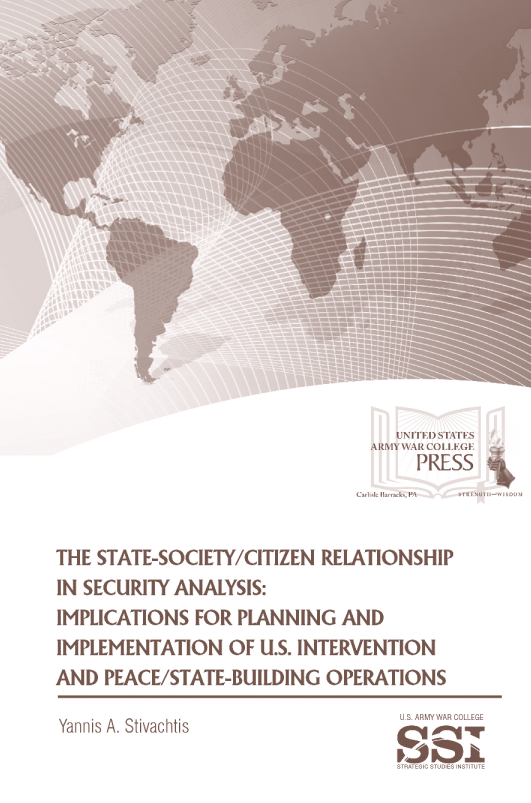 Author: Dr Yannis A Stivachtis
Author: Dr Yannis A Stivachtis
View the Executive Summary
The end of the Cold War, and especially the events of September 11, 2001, have led to the redefinition of the U.S. Army’s role. In this new environment, the purpose of the U.S. Army is not only to win a battle or a war, but also to be involved effectively in peace operations in post-conflict societies. To make the U.S. Army more effective requires prior knowledge about the political, societal, and cultural environment within which these operations would take place, as well as the acquisition of a new set of skills that would allow the U.S. Army to handle sensitive situations relevant to this environment. Due to the presence of several “weak” states in the international system, the United States needs to devise and employ strategies aimed at preventing and managing the outbreak of domestic conflicts that have the potential of undermining regional and international peace and stability. To avoid oversimplifications in the planning process, U.S. policymakers should have a comprehensive view of the relationship between the state experiencing domestic conflict and its society/citizens. For the design and effective implementation of peacemaking and peace/state-building policies, U.S. strategists should be fully aware of what constitutes a security issue for social groups and individuals in third countries. Thus, U.S. strategic planning and actions should be based on the adoption of the broaden definition of security as well as the idea of human security. Since international stability is based on the stability of states, the United States needs to assist the creation and maintenance of “strong” states.